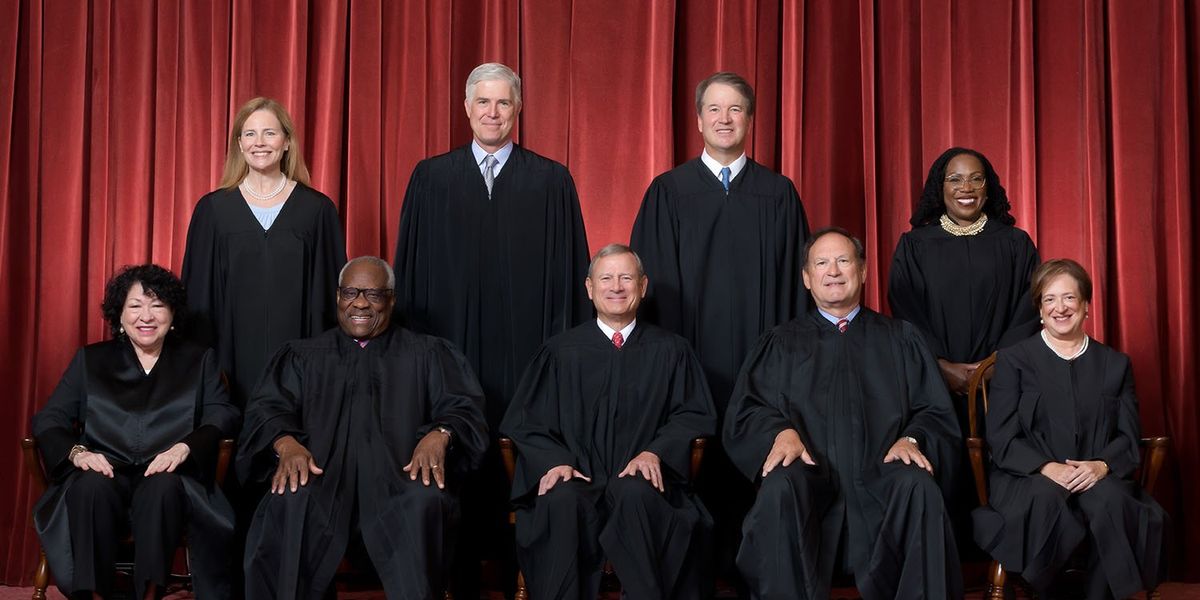“Despite some steps in the right direction, we are still missing the boat on actions that can improve our economic, environmental, and health outcomes,” Alison L. Steele, executive director of the Environmental Health Project, said during a press conference.
As attorney general, Shapiro spearheaded a 2020 grand jury report that concluded, in his words, that “when it comes to fracking, Pennsylvania failed” in its “duty to set, and enforce, ground rules that protect public health and safety.”
During his campaign for governor in 2022, Shapiro said that if elected, he would implement the eight recommendations made by that grand jury, which included expanding no-drill zones from 500 to 2,500 feet from homes, requiring fracking companies to publicly disclose all chemicals used in wells before they’re drilled, and providing a “comprehensive health response” to the effects of living near fracking sites, among other measures.
Some progress has been made on enacting those recommendations, Steele said, but “there are more opportunities available to Gov. Shapiro over the next two years of his term.”
The report applauds the Shapiro administration’s progress on some environmental health measures “despite increasing challenges at the federal level,” including identifying and plugging 300 abandoned oil and gas wells, promoting renewable energy projects, and proposing alternatives to the state’s stalled participation in the Regional Greenhouse Gas Initiative (RGGI).
But the report also says the Shapiro administration has fallen short on regulating the oil and gas industry to reduce health risks, prioritizing clean energy that doesn’t include fossil fuels, and fully supporting a just transition to renewable energy.
The Shapiro administration has yet to expand no-drill zones in Pennsylvania from the required 500 feet to 2,500 feet, still doesn’t require fracking companies to publicly disclose all chemicals used in fracking, and has failed to acknowledge the science on health risks of exposure to shale gas pollution, according to the report. The report also says that, despite positive efforts to advance environmental justice, agencies like the Pennsylvania Department of Health and Department of Environmental Protection are not engaging enough with frontline communities and health care providers in fracking communities, and that the Department of Environmental Protection needs additional funding to enforce existing environmental regulations.
While the Shapiro administration was able to obtain a 14% increase in funding for the Department of Environmental Protection in the 2024-2025 budget, “the bulk of the 2024-2025 funding was earmarked for staff in the permitting division, not the enforcement division, where a real regulatory need exists,” according to the report. Shapiro called for an additional 12% increase in funding for the agency in the 2025-2026 budget, but details about how those funds would be allocated have not yet been released.
The report makes the following recommendations for the Shapiro administration:
- Urge the General Assembly to amend Act 13 and mandate greater distances between homes, schools, hospitals, and fracking sites.
- Press the legislature to require full disclosure of all chemicals used in fracking wells, even if they are considered proprietary or a trade secret.
- Develop a comprehensive health plan for preventing fossil fuel pollution exposure
- Address cumulative emissions when permitting fracking sites.
- Further increase funding for the Department of Environmental Protection and the Department of Health.
- Call on the state’s departments of health and environmental protection to work more closely and transparently with communities.
- Take a precautionary approach to petrochemicals, blue hydrogen, and liquified natural gas.
- Transition away from fossil fuels and toward renewable forms of energy.
Steele acknowledged that some of the recommendations, including increasing the distance between wells and homes, would require new legislation. The Republican-controlled state senate vocally opposes any new regulations for the oil and gas industry, limiting what the Shapiro administration can achieve. “In those cases,” Steele said, “he could at least use his authority to vocally encourage legislative action.”
Pennsylvania state Rep. Dr. Arvind Venkat, an emergency physician who represents parts of western Pennsylvania, said these recommendations are timely as federal environmental protections are being rolled back under the Trump administration.
“What we're seeing out of DC is as extreme an attack on environmental regulation and the scientific understanding of the relationship between the environment and health as I've seen in my lifetime,”Venkat said during the press conference. “Both parties are pushing more things down to the state and local level, so as bad as this is…it creates an opportunity for us to be far more responsible than we have been at the state level.”
Editor’s note: The Environmental Health Project and Environmental Health News both receive funding from the Heinz Endowments.















